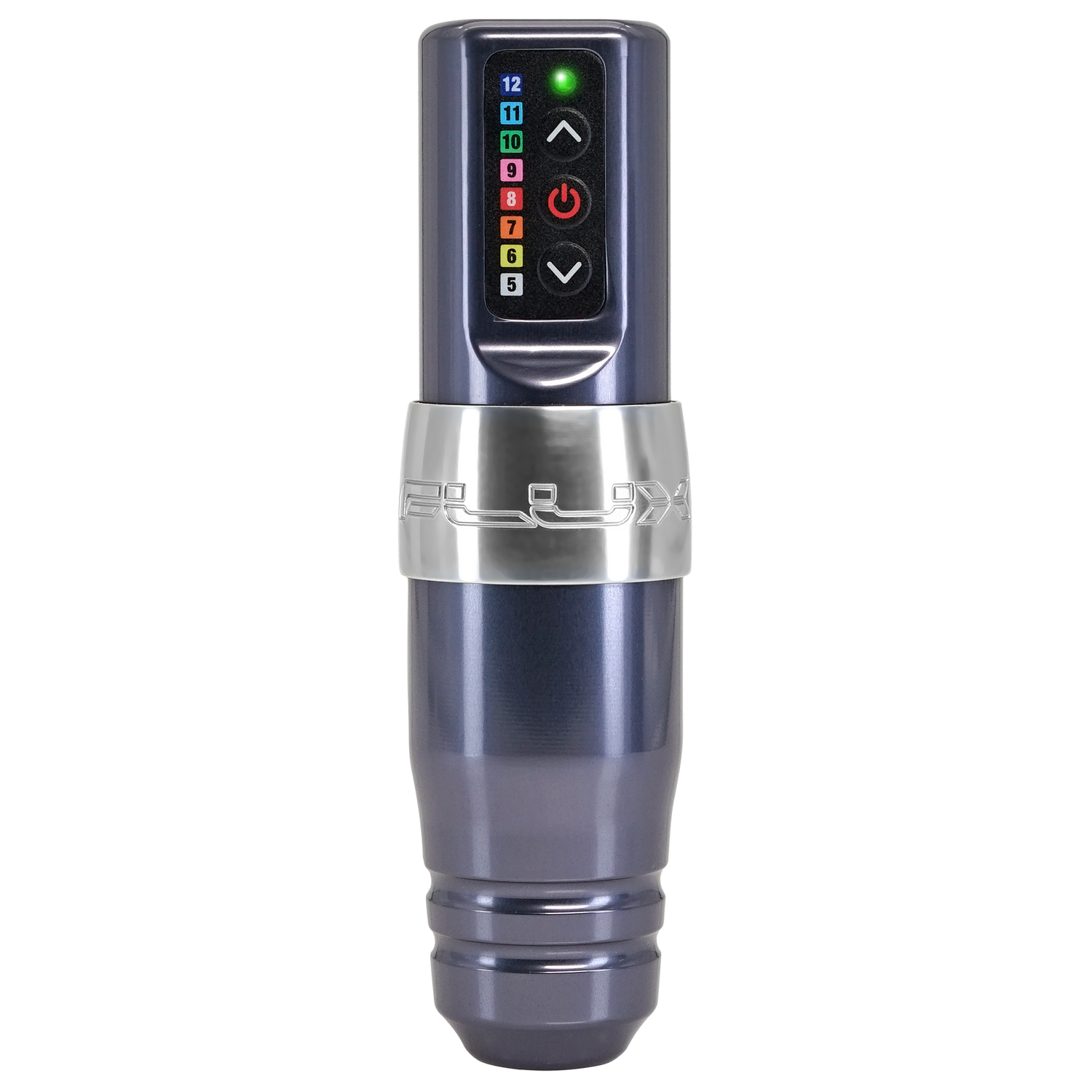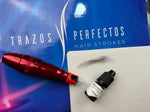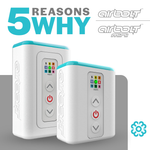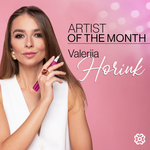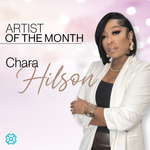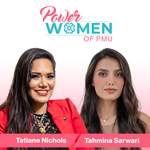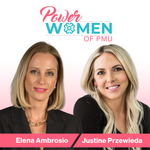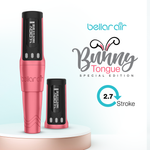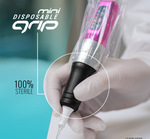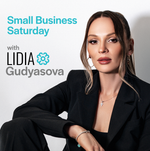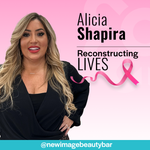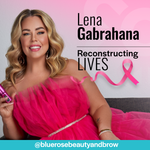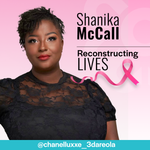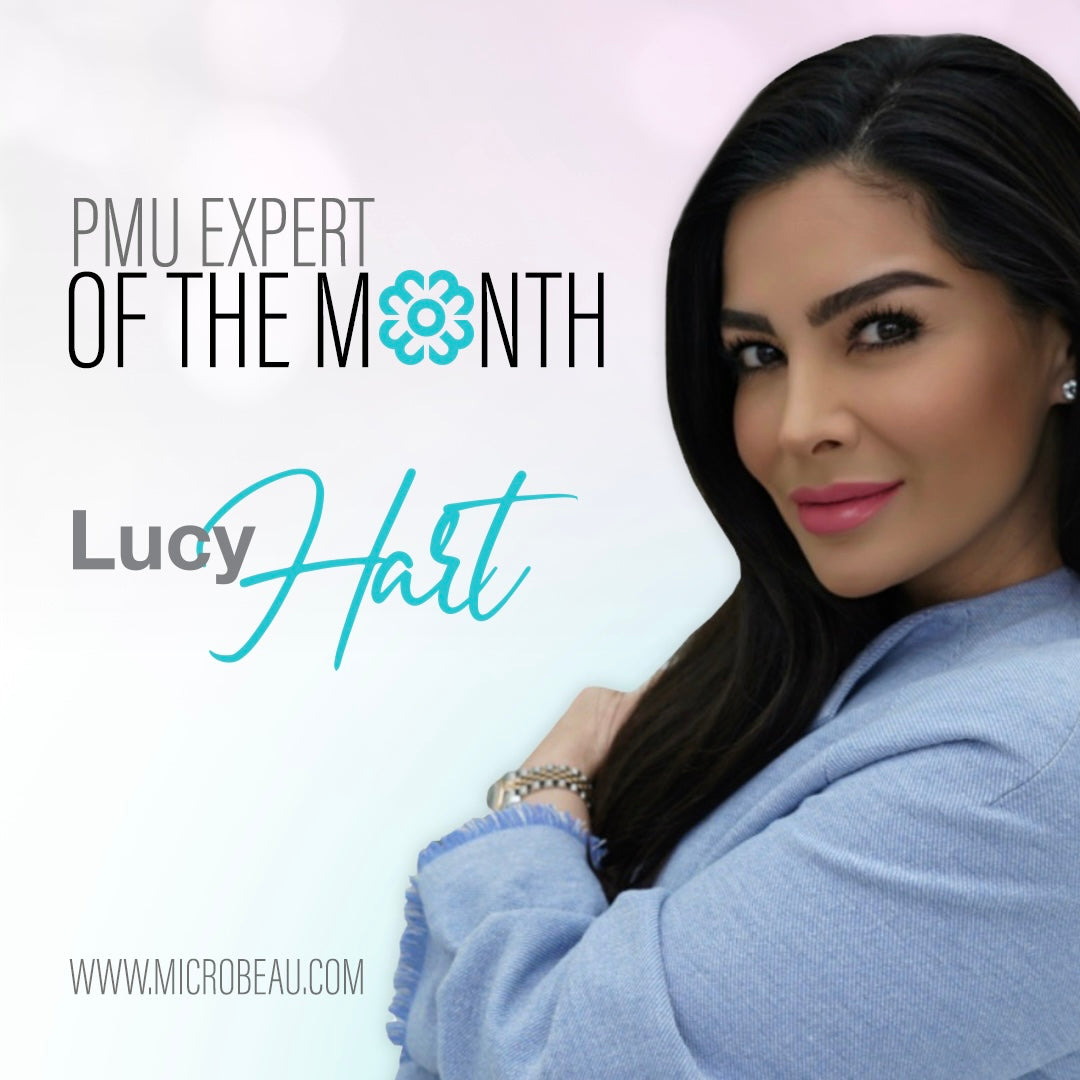
Starting her career in 2003, Lucy Hart is a microblading master, and Microbeau was excited to host March Artist of the Month Instagram Live on Friday, March 18, with Lulu Siciliano, co-founder of Microbeau and founder of Evenflo Colours. Read all about Hart’s journey within the industry and how she loves to build her client’s confidence through her incredible microblading skills.
“Absolutely, actually, I started in 2003 I got my aesthetician license. I pretty much knew that I wanted to go into the beauty industry because I, myself, had such a huge transformation when I finally was allowed to get my eyebrows done, at a young age. And it just really changed my life because I was so bullied all the time for having really thick eyebrows and you know, being a hairy Armenian girl. So when I finally got to shape my brows, it really transformed my face.”
“And that really inspired me so I got my aesthetician license in 2003, and for 12 years I did brows. I did eyebrow waxing, eyebrow threading, I did makeup, I did skincare, facials, and in 2014, is when I got into permanent makeup.”
“So I had 12 years of experience with makeup eyebrows, and before getting into the permanent realm of makeup. So yeah, that's pretty much how it happened. I worked in a salon really close to home for 12 years. And another salon out in Beverly Hills. I was also a singer-songwriter. So I was doing beauty and music at the same time.”
“A day at Lucy Hart Inc is me taking my client and at the same time assisting my other four to five girls with sometimes color choice. Well - usually it's about color choice - ‘which color do you think I should do?’ Because, you know, we switched to your [Evenflo Colours] pigments. So it took a little time for them to understand how to transform from the old pigments to your pigments because your pigments are so much different from what we used to use.”
“So I'm really just assisting them and doing my client all at the same time. It's really busy. Yeah, it's really busy. We have a lot of clients, we have a lot of wonderful women coming in. But yeah, it's pretty much about me doing me with my client, and then assisting the other girls with color choice and things like that.”
“I truly believe that before investing money into opening your own place, I think that it is financially really wise to rent a small space and build clientele. Because when you - from my perspective - when you're opening up a studio, you're gonna want to make it exactly how you want it to look, you know, you're going to put money into it. And the goal in opening up a business, I think, is to make money.”
“So if you're without having backup, and having clients and having your schedule booked, you're going in investing all this money and opening up a place, you're then going to be working to make money only, it's not going to be really like, you know, you're not going to enjoy it as much.”
“Because when you're already making money, and you're opening up your place, you're not worrying about every dollar you're spending, you know, you're just making this gorgeous place how you want to, and then you go into work and you're enjoying what you do instead of like, trying to hustle really hard to make money to pay your bills.”
“So I would definitely say, have your clients have a stable income, and open your place when you are ready. You can actually hire someone else to train, when you have the space to expand, I think it is a good idea to open up your own place. Otherwise, renting a room if it's just you and yourself. A nice room and a nice salon or studio would be a much better idea.”
“Well, before my baby, I was working really late hours. When I was building my business, I was really working like 9 to 9, or 9 to 2, or 8 to 9, or 2 to 7, 6 days a week. I was doing my own Instagram for a really long time, my own bookings, and being the artist that was running the show. Like it was a one woman show, which I'm sure you know what that's like.”
“But my baby came at a good time, because I was able to take more time off. You know, I'm able to balance now and only have to work four days a week. I work till I'm supposed to work - till 3:30. But that always goes over.”
“So yeah, I manage my time by cutting my hours, cutting my day so I can have time for family. On the weekends, I don't work Friday, Saturday, Sunday and spend it with my child. You know, my family. I've cut my hours, cut my days, and tried to give as many clients to my girls - especially my yearly touch ups - I now pass it on to my girls, because they are just all really killing it.”
“Choose a really good trainer. Choose someone to train you properly. My very first person that I hired to train me had never trained anybody before, I was pretty much their first person. And I thought I was going into it with microblading. But she ended up teaching me a single needle.”
“So I started Microblading with micropigmentation, you know, taught me the eyeliner, the lips and the eyebrows in three days. And because I had all this experience with the face and the brows, I just felt like, ‘Oh, I just need one day or two days just to learn how to use the tool and just tell me what good pigments to use,’ you know, and my training was just not professional.”
So I called my tattoo artist friend and asked him, ‘Hey, can I come see you because I'm using a single needle to do hair strokes, and my hair strokes are getting really blurry and really big and just they don't look like hair strokes.’”
“So, anyway, long story short, make sure you're choosing the right artist to train you. I was lucky enough to have Linda Dixon to mentor me, and I was using her like numbing creams and stuff. So when I would call their company for ordering products, I would ask, ‘can I speak to her?’ You know, I didn't think that was out of my reach. I think a lot of people think things are out of their reach, you know? It's okay to try. It's okay to ask, ‘Hey, can you help me?’ After you take a class don't just disappear. I always tell my students, I'm here. Whenever you need me, like after this class is over doesn't mean like, you're not on your own.”
“So what I find really admirable about people is they don't hesitate. Sometimes there's people that are like, they give it a shot to ask me for more. And I appreciate that, because that's what I would do. So if you're starting your PMU career, make sure you're choosing the right artists. And don't be afraid to ask your teacher ‘Hey, can you come take a look at my skin sheets?’ ‘Hey, can I contact you for more help?’ Like, do not hesitate to ask for more help. Don't think that this is over. It's a one and done kind of deal.”
“I'm going to Miami to teach Microblading. It's going to be the same reps and I'm going to replicate what I teach here in LA. In Miami, it's a two day mastering Microblading class. The goal is to bring my whole staff so that if the class is big enough, we'll have little divided groups, and have each artist focused on the group to have a one on one experience in a small setting, when it comes to the exercises with the patterns and how to hold your blade and the shaping and all that stuff. So if the class is big enough, I will bring the team - if it's not big enough - then I won’t need to bring the team, but I'm coming to Miami regardless with or without a class.”
“A beach for a whole year and we will be using your [Lulu] amazing pigments that I really love and let me tell you I've used a lot of pigments. I've tried different pigments. What I love about your pigments the most is how well they heal. They heal really fine. Really really crispy, really really sharp, strong - the color is even - if you're using golden blonde, it's still a dark color. It doesn't disappear because it's the golden lottery. Yeah, very rich colors are very saturated.”
“That's the only machine I use - and we all use it at the studio. Um, you know, I will tell you that I don't use machine work as much as the girls, because I focus on Microblading. I try to give them those clients of the liner and the lips and eyebrows and all that stuff.”
“But I have noticed that I love this look. I actually started using it a long time ago too. But I got the newer version, And the Xion is honestly my favorite out of all of them. I love it because it's not too heavy, and it's not too long. I think it's important to have a good balance of weight in the machine. And the application - I like the way it feels in my hand. I like the way it deposits color. I haven't ever had a problem with it getting stuck or having issues. It's never given me a problem."
"Honestly, like the other machines that I've tried - and I've tried a few so far - as transformations you know, I just love the way it does lips. I mean I love the transformations I get to do with [the Xion].”
“Like I said, the weight. The weight of the machine is really important for me. I don't like it too heavy, and I don't like it too light because I don't when you feel like it's too late, you feel like there's nothing in your hand, I think the weight helps you get into the proper layer of in the desire of a better control.”
“Well, I'm definitely gonna recommend your pigment line [Evenflo Colours], we use the lips also. So I would just go with what you're using [Lulu]. I - even to my old students - send them updates on new things that I'm using. So I am recommending your pigment to all of them.”
“I mean, what I personally use, I love to use the free blade. That's what I use. Now. You're gonna tell me about [Microbeau’s]. You're gonna send me some once it's ready, right? Because I'm open to trying it out. I just really love a sharp blade. I love U -Blade. Yeah, um, that's all I use.”
“So a nice sharp blade. Don't go for cheap products. Please don't use anything cheap. That's like on Amazon. Use a high quality pigment like [Evenflo Colours]. And high quality blades because I've tried them all, you know, for classes I've ordered a bunch of different things because we want to see if we can go with a cheaper alternative for classes and for the skin sheets, and I tested those out on skin. Like I'll open it and test out a few strokes before using the good one, you know, just to test it out. And it's just not the same. It's just not the same.”
“You know, like you were talking about skin. Now if people - like some Asian skin - they have like, really beautiful, thin, gorgeous skin. These cheaper like sharp blades, they work well with that thin skin type. It works well, but most skin types? No, no, you need to have a very sharp, really, nicely cut needle blade. So I would say high quality everything please.”
“I honestly don't think anywhere. It’s only growing. Um, the crazy thing is how I started doing this in 2014, and it just blew up for me - particularly. And then no one knew about it. Right? Not a lot of people at all knew about microblading. And now, almost nine years later, they're still people that come and say, ‘Oh, my God, I didn't know about this.’ I'm like, ‘What do you mean?’ Like, that's crazy, because this it’s like, everywhere, because I see how people come in. And they're not aware of the possibilities of permanent makeup and, you know, microblading or shading. They don't even know the difference. They don't know what it is, you know.”
“So I think it's only going to grow bigger and bigger. Because there's a lot of people that are just kind of like living under a rock, and slowly people are realizing, ‘Oh, this is this is something,’ you know. That's why I think it's not going to go anywhere and people, once they do it, they're addicted. It touches your face. ‘Can I just add one thing?’ I want to tell viewers that microblading, or powder brows, or eyebrows isn't just like, ‘Oh, it's just eyebrows.’ Okay? No, it's the expression permanently on your face.”
“It's the most important tattoo you can ever get in your entire life. Like, no other tattoo is more important than your eyebrow tattoo. Okay, and I'm using the word tattoo. Because, you know, we both know, permanent makeup is implanting pigment right under your skin, which is considered a tattoo Microblading paragraph, it's considered a tattoo. Yes, if done properly, it should not last forever. You don't want it to last forever. You want it to almost disappear. So you can redo it because your eyebrows go down.”
“Look at mine, like Gosh. But yes, please, please, please do your homework because we do removal and we see so many bad situations. And if you go for the cheaper route, there's going to be a cheaper look that is not a good route. Okay. It's not all about the price. But please do your homework because you might want to go for a cheaper route because you didn't do your homework. And then you're going to spend so much more money removing it. You're going to be robbed of your beauty just do your homework okay? It's not just ‘oh it's Microblading - like my friend can do it.’”
“We want to match the pigment color to the eyebrow color. But if the eyebrows are not heavy, if there aren't a lot of hairs, if the hair is very, very faint and very sparse, you are able to go lighter. If the hair is heavy, you have to match it to the hair. Because if you don't go as dark as the eyebrow hair, then you're gonna see a very big difference. And that's not the goal.”
“The goal is for you not to be able to see the difference between the hair and the color. Right? So you have to first assess ‘how much is this?’ ‘Does this client have a lot of hair on her eyebrows?’ ‘Yes or No?’ If the answer is no, and she wants to go lighter, you can play with color, you can go lighter. But if they have a lot of hair, no, you have to match it.”
“One of the things too is if the hair is black on their head, and they don't have a lot of hair on their brows. I try not to go dark on the brows, go softer on the brows, because when the hair is dark and the brows are dark, it's a little aggressive. So softer on the brows than the hair if the hair is dark.”
"No."
"I think I only have the Xion S - right?"
“I use a blade to do a lot of my hair strokes. Like I said I started my career in permanent makeup doing strokes with a needle. And I haven't gone back to it. Honestly, I really love the blade. But I'm gonna try to make some time to go back to doing micropigmentation with the needle.”
"I still use the correctors from LA pigments. I'm keeping those old schools. They work well."
